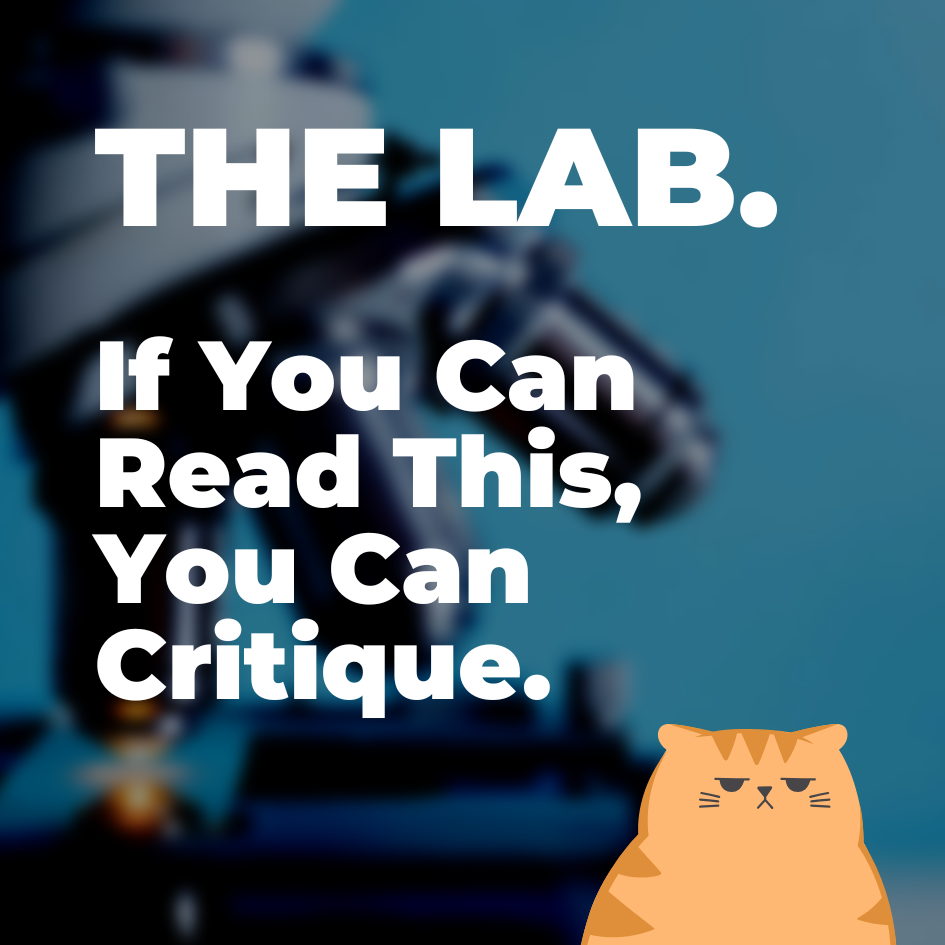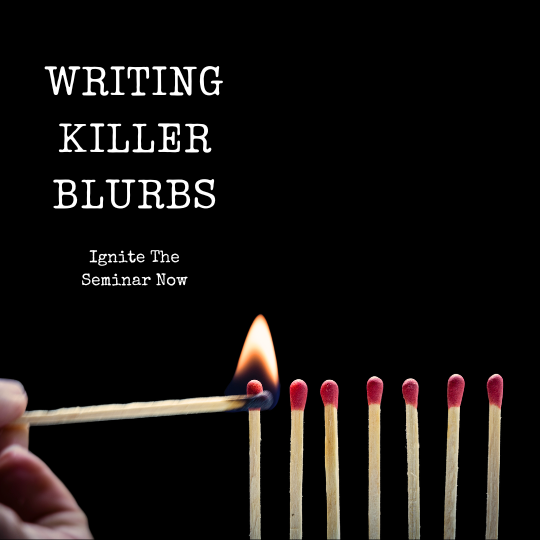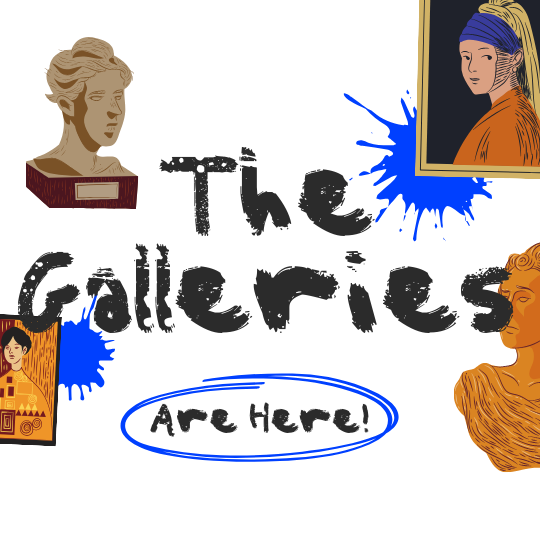This article is long, but the nuts and bolts are - how much should you be inspired by someone else? and pull them into your fiction?
In this case, lawyers sought and were granted access to a private Facebook group; it's just as if our private messages or back room were made public. What these gals said behind the privacy of their private group, to paraphrase one of them, shows she's a pretty shitty human being. But there are two sides to the story, and a lot of history, in this masterfully penned article.

 www.nytimes.com
www.nytimes.com
In this case, lawyers sought and were granted access to a private Facebook group; it's just as if our private messages or back room were made public. What these gals said behind the privacy of their private group, to paraphrase one of them, shows she's a pretty shitty human being. But there are two sides to the story, and a lot of history, in this masterfully penned article.

Who Is the Bad Art Friend? (Published 2021)
Art often draws inspiration from life — but what happens when it’s your life? Inside the curious case of Dawn Dorland v. Sonya Larson.



